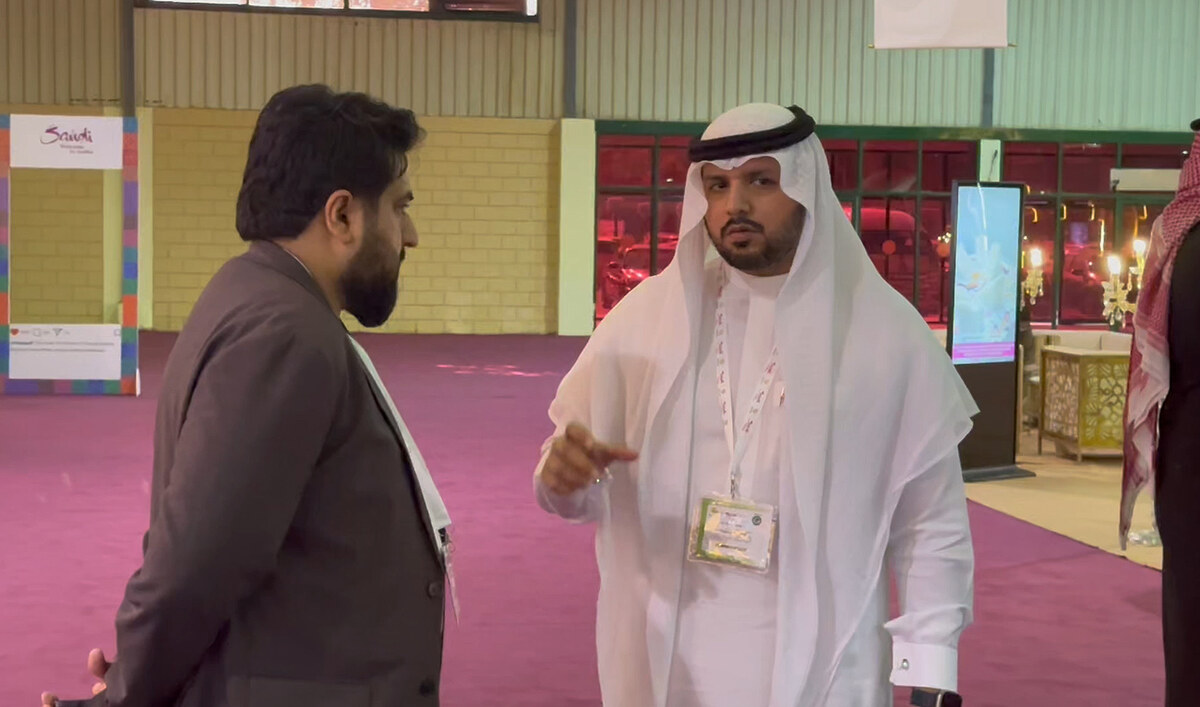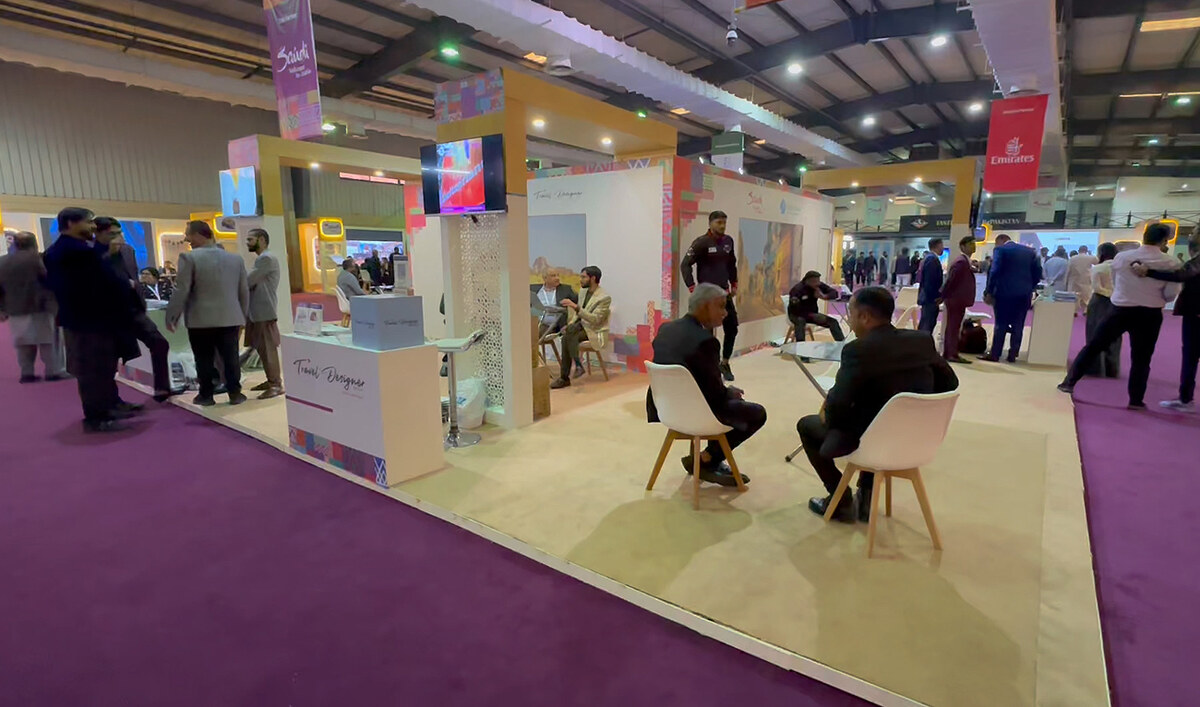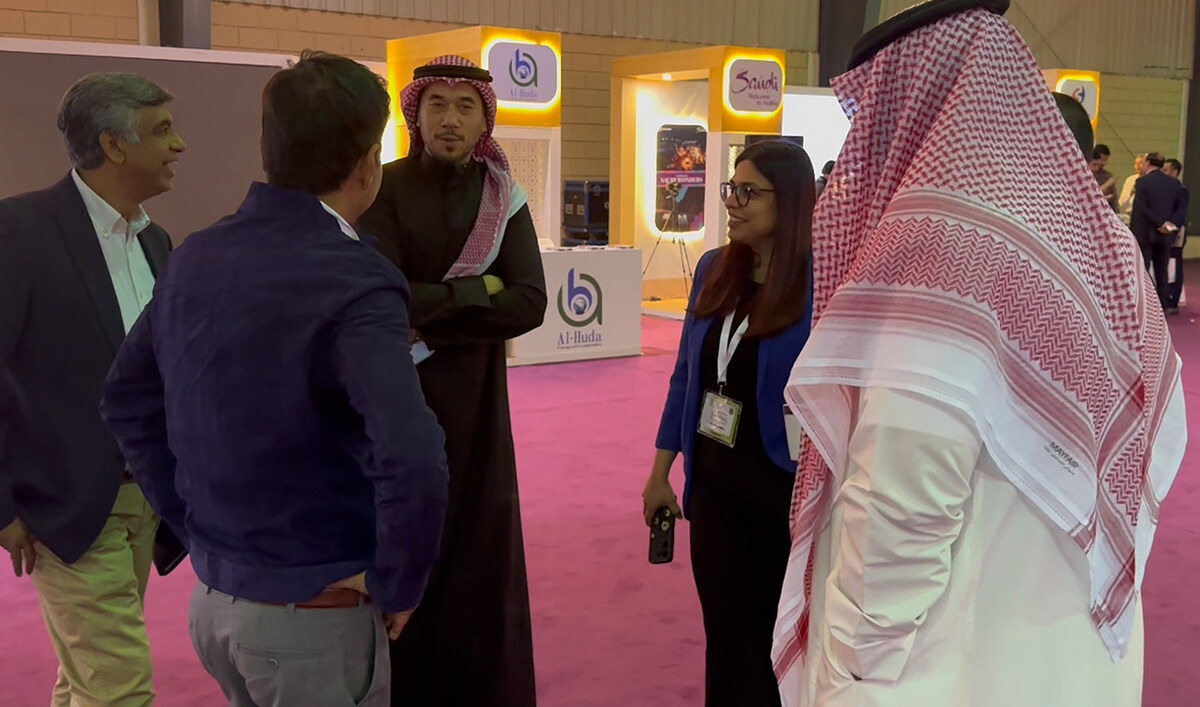BEIRUT/JERUSALEM: Israel’s military urged residents of over 20 towns in south Lebanon to evacuate their homes immediately on Thursday as it pressed on with an incursion after suffering its worst losses in a year of fighting the Iran-backed armed group Hezbollah.
The call for evacuations from southern towns included the provincial capital Nabatieh, suggesting another Israeli operation designed to further weaken Hezbollah is imminent.
Israel, which has been fighting with Hamas in Gaza for almost a year, sent its troops into southern Lebanon after two weeks of intense airstrikes, escalating tensions in a conflict that risks drawing in the United States and Iran.
In Beirut’s southern suburb, a Hezbollah stronghold, three explosions were heard on Thursday and several large plumes of smoke were rising after heavy Israeli strikes.
While Hezbollah said it detonated an improvised explosive device against Israeli forces infiltrating a southern Lebanese village.
Overnight, Israel bombed central Beirut in an attack the Lebanese health ministry said killed nine people.
Reuters witnesses reported hearing a massive blast, which a security source said had targeted a building in the district of Bachoura a few hundred meters from parliament, the closest an Israeli strike has come to the central downtown district.
“Another sleepless night in Beirut. Counting the blasts shaking the city. No warning sirens. Not knowing what’s next. Only that uncertainty lies ahead. Anxiety and fear are omnipresent,” UN special coordinator in Lebanon, Jeanine Hennis-Plasschaert, said on X on Thursday.
A Hezbollah-linked civil defense group said seven of its staff, including two medics, had been killed in the Beirut attack, which Israel said was a “precise” airstrike.
Israel also said it targeted a municipality building in the southern Lebanese town of Bint Jbeil killing 15 Hezbollah members, while more than a dozen Israeli missiles also hit the southern suburb of Dahiyeh, where Hezbollah leader Hassan Nasrallah was killed last week.
Eight Israeli soldiers were killed in ground combat on Wednesday in south Lebanon as its forces thrust into its northern neighbor.
As it pushes into south Lebanon, Israel is also weighing its options for retaliation against its arch-foe Iran.
ISRAEL, US VOW TO STRIKE BACK
The Islamic Republic launched its largest ever assault on Israel on Tuesday in what it said was retaliation for Israel’s assassination of senior Hamas and Hezbollah leaders and its operations in Gaza and Lebanon.
On Thursday, Israel’s military said it had “eliminated” Rawhi Mushtaha, the head of the Hamas government in Gaza, along with senior security officials Sameh Al-Siraj and Sami Oudeh in strikes three months ago.
Tehran said its attack was over, barring further provocation, but Israel and the United States have promised to hit back hard.
Iranian President Masoud Pezeshkian, speaking at an event in Doha, said Iran would be ready to respond and warned against “silence” in the face of Israel’s “warmongering.”
“Any type of military attack, terrorist act or crossing our red lines will be met with a decisive response by our armed forces.” Qatar’s Emir Sheikh Tamim bin Hamad Al-Thani called for serious ceasefire efforts to stop Israel’s “aggression” in Lebanon and said no peace was possible in the Middle East without the creation of a Palestinian state.
What is happening in the Middle East is a “collective genocide” he said at the same Doha event, adding that his country has always warned of Israel’s “impunity.”
The Lebanese border front opened after Hezbollah fired missiles at Israel on Oct. 8 in support of Hamas in its war with Israel in Gaza.
Iran’s other regional allies — Yemen’s Houthis and armed groups in Iraq — have also launched attacks in the region in support of Hamas.
The Houthis, who have been firing missiles, sending armed drones and launching boats laden with explosives at commercial ships with ties to Israeli, US and UK entities since last year, said they launched a successful attack on Israel’s commercial capital Tel Aviv with drones. Israel said it intercepted a suspicious aerial target in the area of central Israel early on Thursday.
SHELTERING IN A NIGHTCLUB More than 1,900 people have been killed and over 9,000 wounded in Lebanon in almost a year of cross-border fighting, with most of the deaths occurring in the past two weeks, according to Lebanese government statistics.
Caretaker Prime Minister Najib Mikati said about 1.2 million Lebanese had been displaced by Israeli attacks.
More than 300 of those displaced have taken shelter in a Beirut nightclub, once known for hosting glitzy parties and where staff are now using their guest-list clipboards to register residents.
“We’re trying to keep strong,” said Gaelle Irani, who was formerly in charge of guest relations, taking a brief break from finding people a corner to live in.
“It’s just overwhelming. So overwhelming and sad. But just as this was a place for people to come enjoy themselves, it’s now a place to shelter people and we are doing everything we can to help and be there for them.”
Hassan Shaaban, a fisherman from Sidon, said he has been struggling to make a living as the fighting rages.
“What can we do, we need to be able to live, we are working while they are striking, yesterday night was very intense,” he said.































